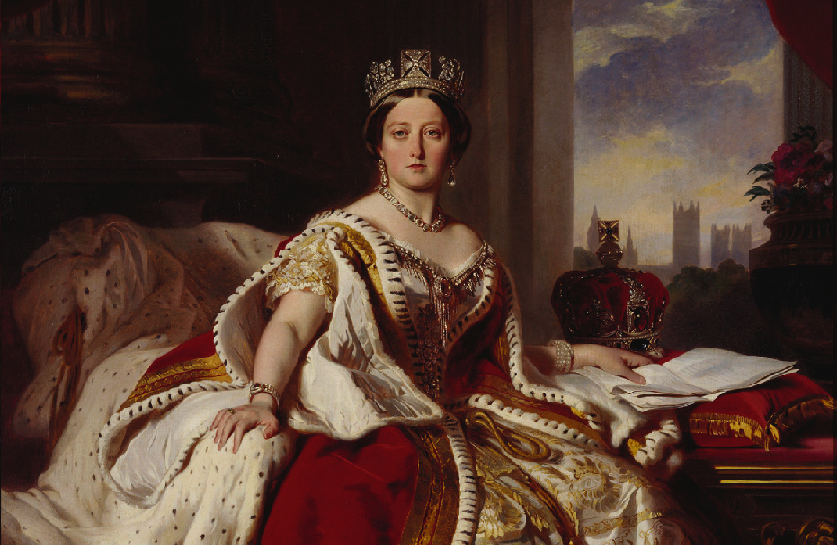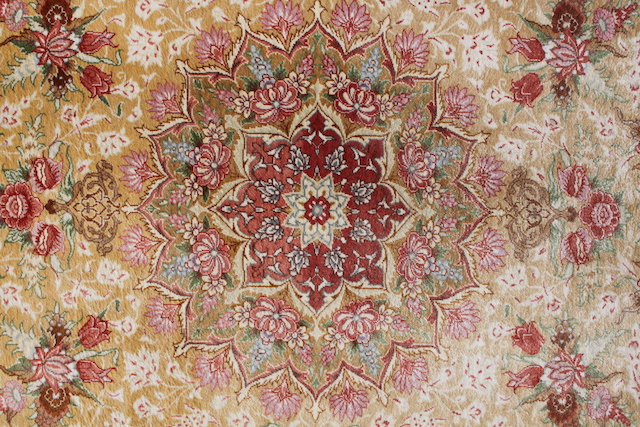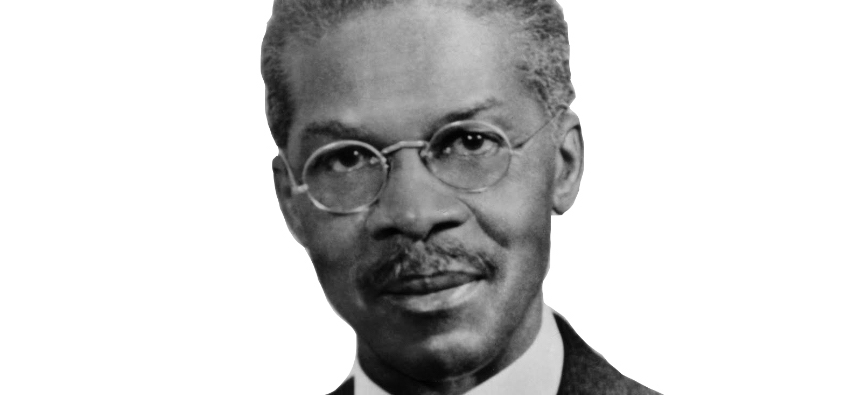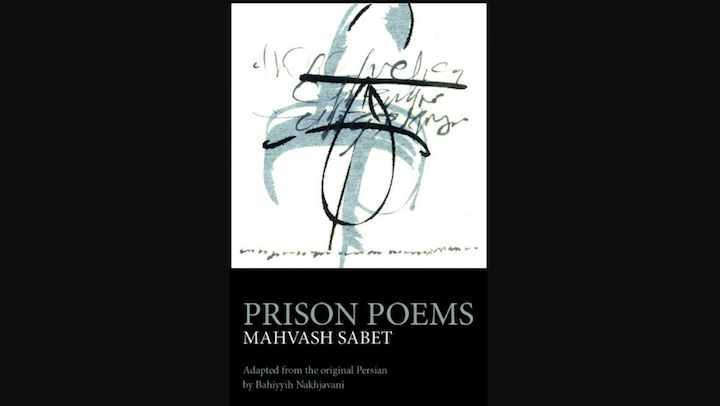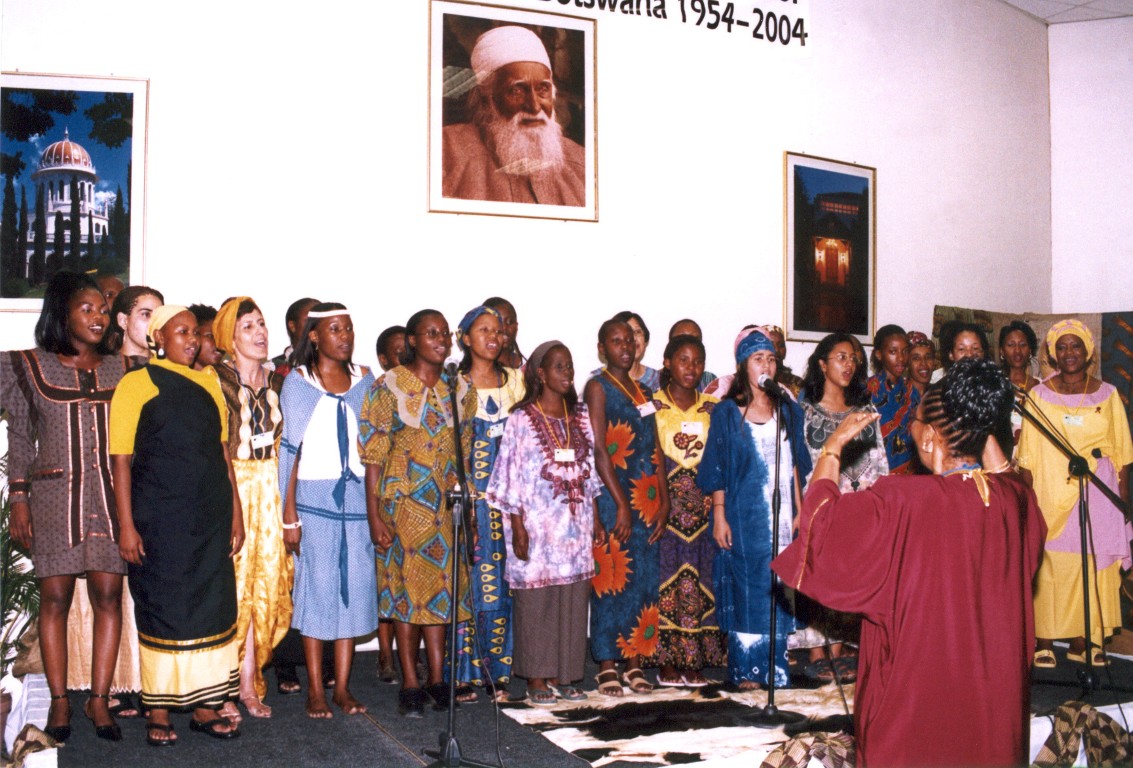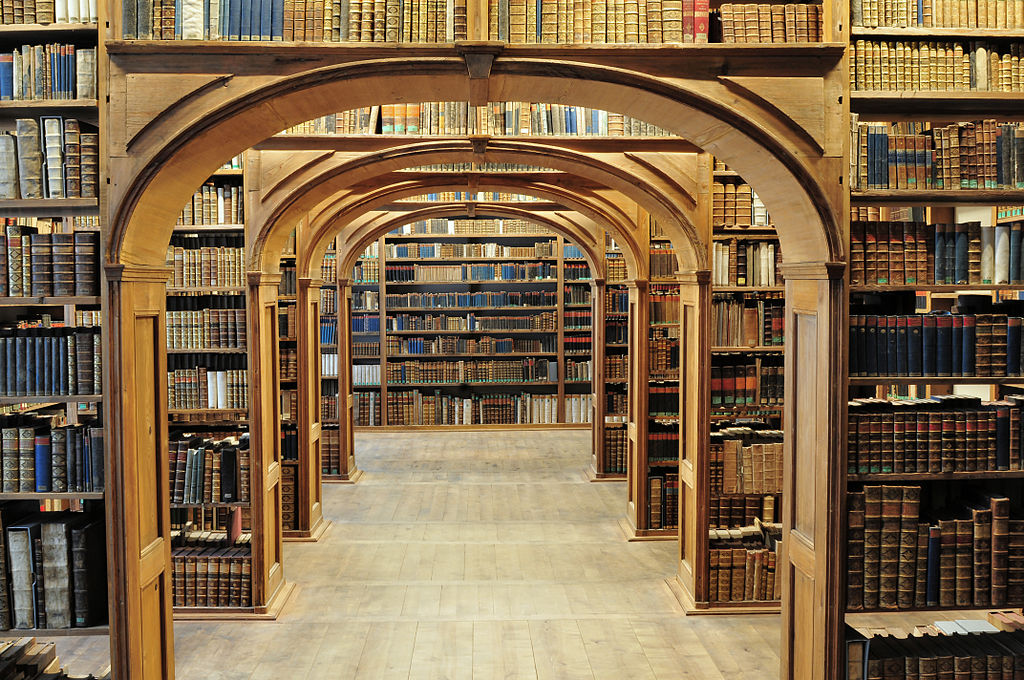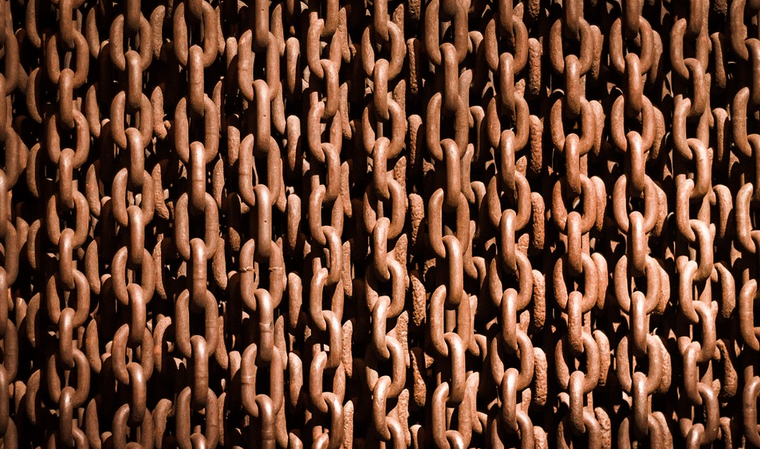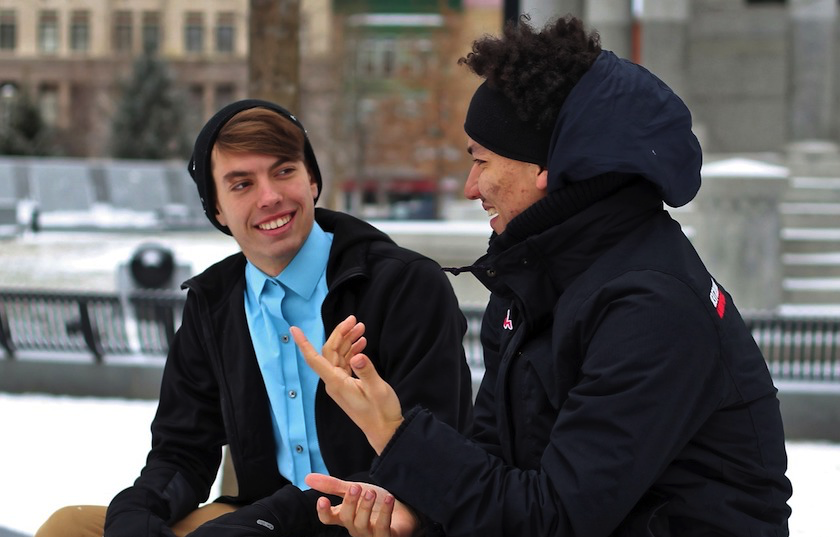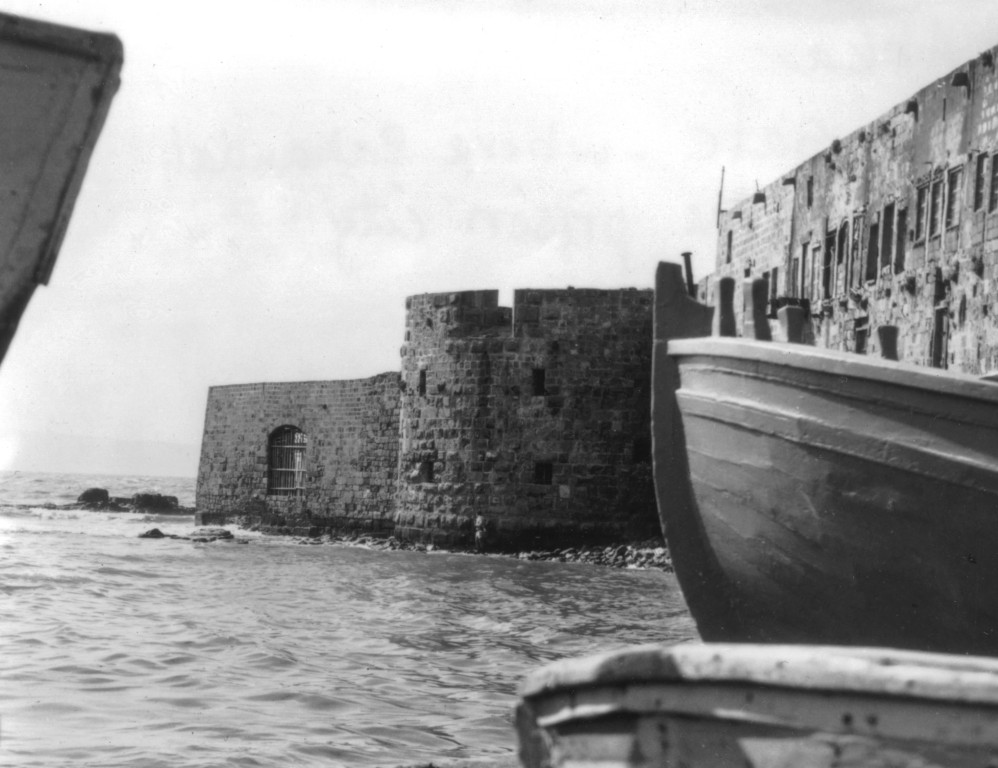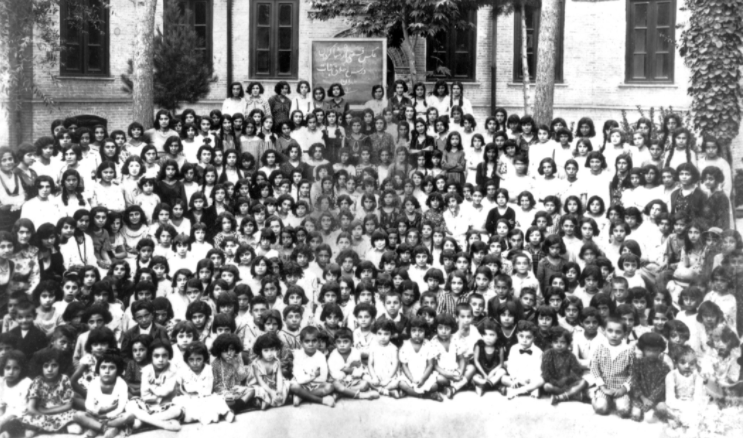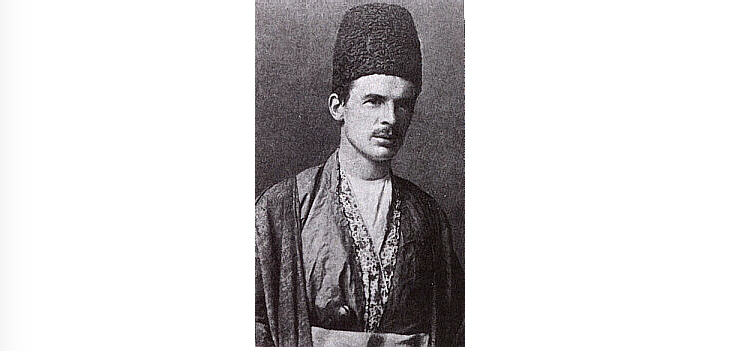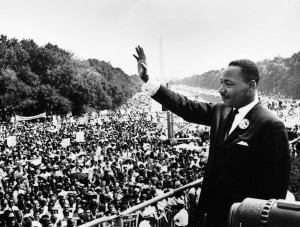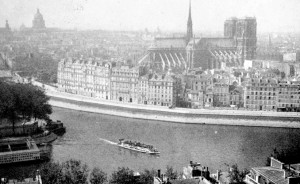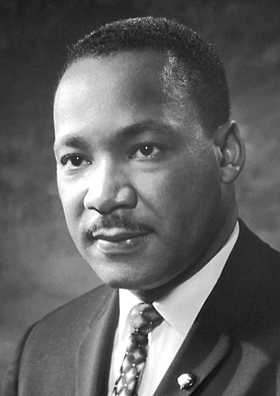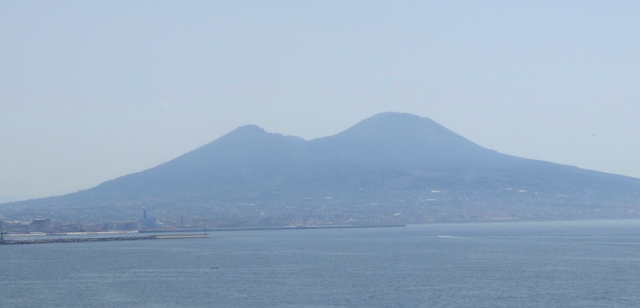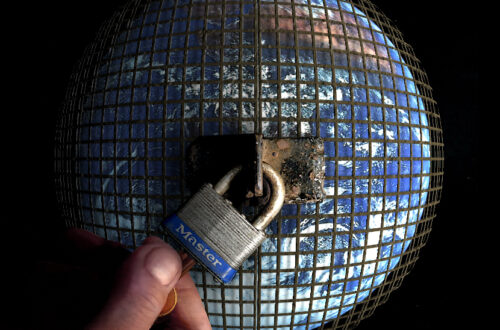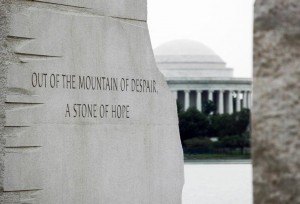-
Prendiamo un caffè? Italian Coffee Culture
Let’s face it without the caffè this morning (yes, made with a traditional Italian caffettiera), I wouldn’t be writing this. Names like espresso, cappuccino, latte, and the now ubiquitous Italian espresso machines are a standard part of Australian cafe culture. So it’s natural to assume there is something quintessentially Italian about coffee. As Simona Lidia, a blogger on Italian culture jokes “an Italian will always believe deep inside that coffee grows spontaneously in Italy, and only in Italy, since the Lower Paleolithic.” Living Italian Coffee If my experience is anything to go by Italians, even in diaspora, can’t escape Italian coffee culture. Growing up, the tiny white cups were there…
-
Bahá’u’lláh’s letter to Queen Victoria: Reform the World
Of all the sovereigns who received letters from Bahá’u’lláh, the only one who is recorded to have responded thoughtfully was Queen Victoria. She is reported to have said, “If this is of God it will endure; if not, it can do no harm.” Bahá’u’lláh’s letter to her was written around 1868, after his arrival in Akka, and is one of the letters that Baha’u’llah compiled together with the Suriy-i-Haykal (the Tablet of the Temple). In Bahá’u’lláh’s words to Queen Victoria we see another unfolding dimension of Bahá’u’lláh’s mission and teachings. As in letters to the other sovereigns to whom he wrote, Bahá’u’lláh explicitly sets out the purpose of his mission: to “quicken…
-
Louis Gregory – Service to the Oneness of Humanity
Slavery was not a tale read from dusty history books for Louis Gregory. It was a close family memory. Louis Gregory was born in 1874. Both Louis’ parents had been freed from slavery by the civil war. His grandmother on his mother’s side, was an African transported to America as a slave in the Atlantic slave trade, and his grandfather was her white master. When Louis was four his father died. At age 7, Louis Gregory witnessed the murder of his African American grandfather by the Ku Klux Klan, because of his grandfather’s success as a blacksmith. At age 17 Louis lost his mother, who died in child birth. From these difficult beginnings, his life began…
-
Bahá’u’lláh’s Abolition of Slavery
Bahá’u’lláh came to emancipate human beings from slavery. This statement is true in more senses than one. Bahá’u’lláh explicitly institutes an abolition of slavery in his teachings. It is forbidden you to trade in slaves, be they men or women. It is not for him who is himself a servant to buy another of God’s servants, and this hath been prohibited in His Holy Tablet…. Let no man exalt himself above another; all are but bondslaves before the Lord, and all exemplify the truth that there is none other God but Him.[1] He also freed slaves in practice. Bahá’u’lláh was the son of a noble family of Iran. In his early life, the…
-
Women and Men Have Been and Will Always Be Equal
“Women and men have been and will always be equal in the sight of God.”[1] With these words, Bahá’u’lláh challenges the age old oppression of women. Thus, the following concept applies as much in respect of gender equality as elsewhere: Know ye not why We created you all from the same dust? That no one should exalt himself over the other.[2] The general assertion of gender equality is addressed by Bahá’u’lláh in a diversity of fields in which, historically, gender equality has been denied. On work, Bahá’u’lláh states: … It is incumbent upon each one of you to engage in some occupation – such as a craft, a trade or the like.[3] There is no distinction…
-
Martin Luther King Jr – Civil Rights Leader and Peace Advocate
Martin Luther King, Jr. gave his life for the poor of the world, the garbage workers of Memphis and the peasants of Vietnam. The day that Negro people and others in bondage are truly free, on the day want is abolished, on the day wars are no more, on that day I know my husband will rest in a long-deserved peace. —Coretta King This article is part of a series on human rights forebears. Rev. Dr. Martin Luther King Jr. lived a life beyond the ordinary and writing about him is challenging. His life made the world that came after him better. This article will not do justice to his…
-
The Peace Advocacy of Martin Luther King (Part 4 of 4)
To appreciate Martin Luther King’s thoughts on peace, we must understand his thoughts about the relationship between human beings. He saw all human beings as caught “in an inescapable network of mutuality, tied in a single garment of destiny.” He expands on this thought in his 1964 speech, “The American Dream”. All I’m saying is simply this, that all life is interrelated. And we are caught in an inescapable network of mutuality, tied in a single garment of destiny — whatever affects one directly, affects all indirectly. For some strange reason I can never be what I ought to be until you are what you ought to be, and you…
-
Martin Luther King and Non-violence (Part 3 of 4)
Martin Luther King thought deeply about the best methods to use to overcome the injustices facing African Americans. This in itself is an important observation. It is appropriate for us in the 21st century to also think deeply about questions of method. His speeches frequently describe and defend nonviolence as the method he felt was both effective and moral for the issues on which he worked. Sometimes the description was in response to criticism of the method as “too extreme”, at other times it was to reject the violence advocated by some. His explanations were patient and detailed. The basic steps of the method are outlined to his fellow ministers…
-
Martin Luther King Jr. – What role did Christianity play in his civil rights advocacy? (Part 2 of 4)
Martin Luther King Jr. was born in Atlanta Georgia, the second son of Martin Luther King Sr. and Alberta Williams King. Martin Luther King Jr. was by vocation a Baptist minister. He was in the fourth generation of his family to take up this vocation. It is impossible to fully appreciate Martin Luther King’s work without understanding the role that Christian thought and inspiration played in his advocacy of human rights. Martin Luther King’s letter from a Birmingham prison to fellow Christian clergymen gives insight to the role his religious commitment played in generating and sustaining his commitment to work for justice. Further, the people from whom he came, the…




